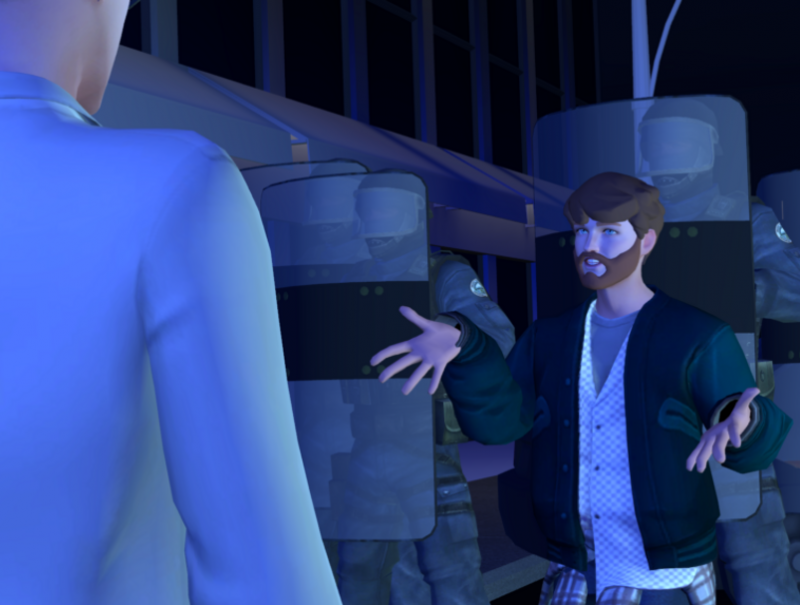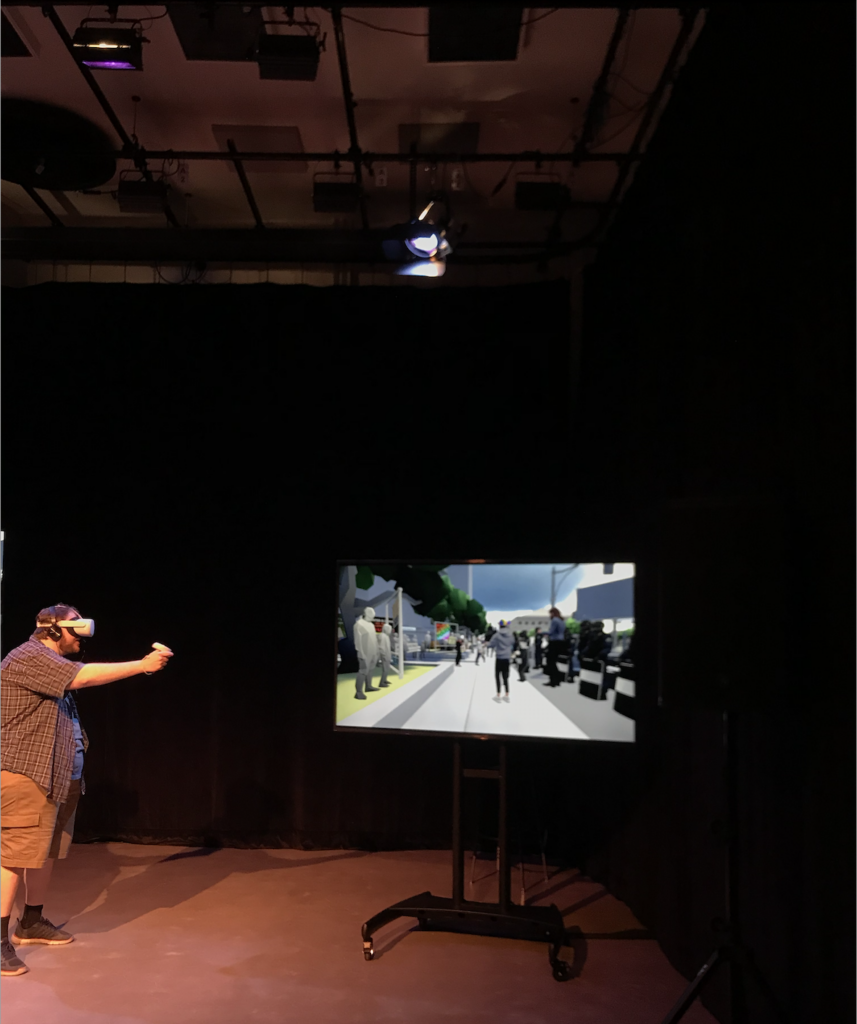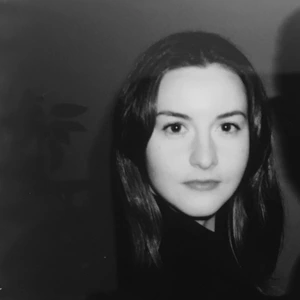Political Agency in the Digital Realm: the Case of VR
As political, economic, and social conditions grow increasingly precarious, performance remains one of the most direct and immediate avenues to examine the contradictions inherent in the way that society operates. In a saturated political climate like today, the role that art can play in asking questions and opening up dialogues about these contradictions allows us to conceptualize alternatives.
Enter Tommy Taylor, who was arrested for participating in the protests surrounding the G20 summit in Toronto in 2010 and detained for 24 hours along with a thousand other protestors in an inhumane detention center. This mass arrest resulted in a decade-long class action lawsuit, which the protestors won in 2020. The performance of You Should Have Stayed Home, directed by Michael Wheeler, was a component of the Festival of Live Digital Art (FoLDA) and as a work it explores the tensions and political possibilities inherent in virtual reality. As an interdisciplinary project, the live performance of You Should Have Stayed Home explores whether a physical audience can have a meaningful dialogue with virtual reality or the intersection of police brutality and emerging technologies from an externally positioned perspective as an in-person audience.

Upon entering the production studio where the performance took place, Taylor was positioned at the front of the room in a VR headset, speaking with audience members in a digital world that was a virtual remodeling of the site of the protest. The in-person audience passively joined the virtual world, watching the events play out on two screens set up behind him as if they were watching an animated film. As a physical spectator, a sense of distance was established from this world, since we were not in a headset or able to be a part of the conversation. I had anticipated being given a VR headset to experience the work and was curious to experience the work from an external perspective. The participants in the VR world followed Taylor as he recounted his journey and eventual arrest, becoming other members of the protest in the digital space. From outside, the animated nature of this world created a different viewing experience compared to watching news clips of the protests, furthering the degree of separation.

What does this work say about political agency when this story is shared with a physically seated audience who cannot directly engage with the digital space? As an audience member, it was slightly uncanny and alienating to be an external observer of what was unfolding, since we were not also in the VR world but rather observing others who were participating in it. It is undeniable that the actions of the police at this peaceful protest were unjust, but the feelings of resentment found in the piece did not further inspire me to think of futural political action that I could take with regards to the protests. By revealing that he had never been to a protest before and that he simply encountered this one by chance, the political agency of the artist being involved in this situation can be called into question.
While Canada likes to present itself as a politically tolerant nation, state-sanctioned violence and oppression is a core part of our past and present—but it doesn’t have to be our future. You Should Have Stayed Home displays a critical development in using emerging technologies to explore the political possibilities by revisiting and re-enacting an event at a later date (in this case, 12 years after the fact). Conversations about police brutality, protests, and political reform need to take place, but whether or not this project proves that VR can be an active part of enacting change outside of the digital realm remains ambiguous.
Directed by Michael Wheeler, You Should Have Stayed Home was created and performed by Tommy Taylor and ran from June 8th-11th at the Festival of Live Digital Art (FoLDA) in Kingston, Ontario. It was available to watch both in person, via livestream and on VR at home. Click here for more information.
